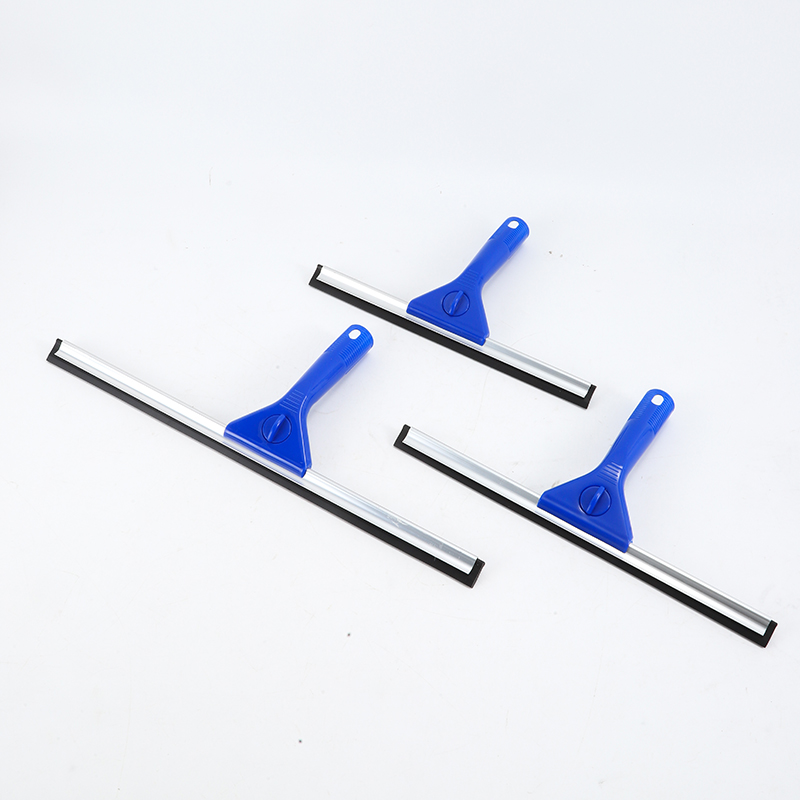Staying hydrated throughout the day is crucial for maintaining good health and well-being. One of the essential tools for achieving this is a reliable water bottle that suits your lifestyle and preferences. With the multitude of options available in the market, choosing the perfect water bottle can be overwhelming. In this comprehensive guide, we will explore the key factors to consider when selecting a water bottle that meets your hydration needs.
Material: Water bottles come in various materials, each with its own advantages and considerations. Common options include plastic, stainless steel, glass, and silicone. Plastic bottles are lightweight and affordable, but they may not be as durable and can retain odors and flavors over time. Stainless steel bottles offer excellent durability, and insulation properties, and are typically BPA-free. Glass bottles provide a clean and pure taste, but they can be fragile. Silicone bottles are flexible, collapsible, and easy to carry, ideal for travelers or those with limited space. Consider your priorities for durability, taste, and environmental impact when selecting the material.
Size and Capacity: Determine the ideal size and capacity of the water bottle based on your daily hydration needs and lifestyle. A smaller bottle, around 500ml, may be suitable for shorter outings or for carrying in a purse or backpack. If you engage in physical activities or prefer carrying larger amounts of water, opt for a larger capacity bottle, such as 750ml or 1 liter. Keep in mind that larger bottles may be heavier and take up more space.
Insulation: If you prefer to keep your beverages hot or cold for extended periods, consider an insulated water bottle. These bottles are designed with double-walled construction and vacuum insulation, keeping liquids at the desired temperature for hours. Insulated bottles are ideal for outdoor activities, long commutes, or hot summer days when you want to enjoy a refreshing drink.
Lid Type and Ease of Use: The lid design plays a crucial role in the convenience and functionality of a water bottle. Common options include screw-on caps, flip-top lids, straw lids, and sports tops. Screw-on caps provide a secure seal but may be less convenient for quick access. Flip-top lids allow for easy one-handed operation, while straw lids provide a convenient way to sip without tipping the bottle. Sports tops with built-in spouts are ideal for active individuals. Consider your preferences for ease of use and the situations in which you will be using the water bottle.
Cleaning and Maintenance: Hygiene is essential when it comes to water bottles. Look for bottles with wide openings that allow for easy cleaning and filling. Some bottles are dishwasher-safe, while others require handwashing. Consider the ease of disassembling the bottle for a thorough cleaning, especially if it has multiple parts or features like straws or filters.
Leak-Proof and Durability: Nobody wants a water bottle that leaks in their bag or backpack. Look for bottles with reliable leak-proof seals and robust construction. Read reviews or check the manufacturer's claims regarding durability to ensure the bottle can withstand everyday use and potential drops or impacts.
Environmental Impact: Consider the environmental impact of the water bottle you choose. Opt for reusable bottles to reduce plastic waste. Look for bottles that are BPA-free and made from eco-friendly materials. Some brands also offer recycling programs or use sustainable practices in their manufacturing processes.
By considering these factors, you can make an informed decision when selecting a water bottle that aligns with your hydration needs, lifestyle, and environmental values. Remember, the perfect water bottle is one that encourages you to stay hydrated and makes drinking water convenient and enjoyable.


 English
English Español
Español 中文简体
中文简体










